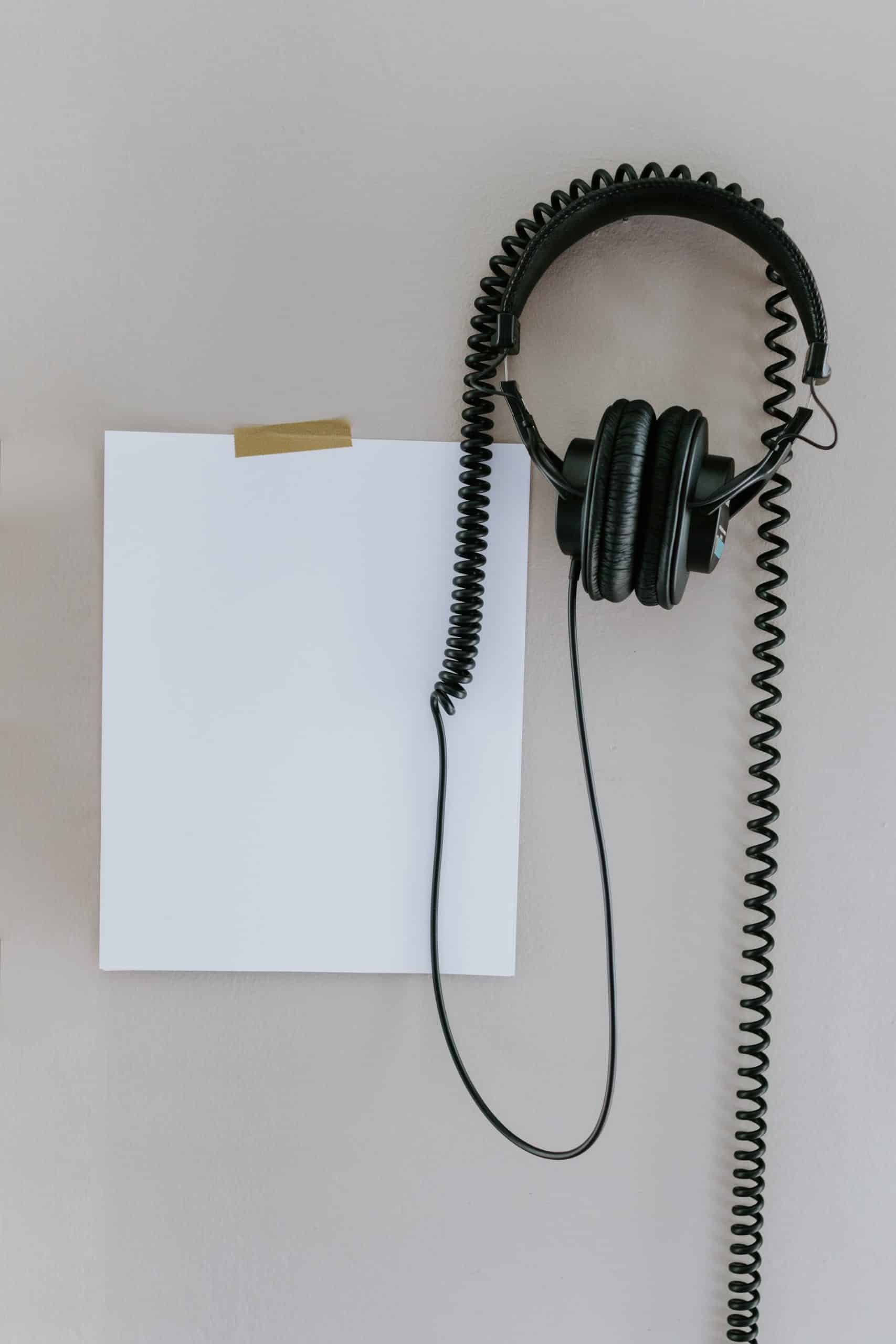How to Learn Grammar Fast – How to Learn a Language on Your Own (Part 4)

Can you feel it? We're going on an adventure! By now, you should have everything we need to start learning.
If you've read the first part of this guide you should have some grammars book. Internet sources are also acceptable but book is always more reliable.
But before we start, just a small disclaimer.
THE SMALL DISCLAIMER
The process which I'm about to present work like a charm for me. But we're all different, so remember that your approach might vary from mine. That's why you should consider tweaking them a little bit so they're more tailored for your needs.
This part of the guide will seriously get you started but of course, it's not possible to cover all complexities of particular languages. I'm selective.
I don't give a damn about being 100% correct at the beginning because nobody cares. You know what is really tiring? Stuttering with perfect grammar every second word.
Sure, you'll make mistakes but it rarely happens that they are serious.
- "I really do love rapes officer!"
- "Pardon me? You are a sick and twisted person! Oh, wait! Did you mean grapes?"
- "Oh yeah, me thanks and love you long time!"
You see? At least you're politely making a conversation.
TWO MAIN BRICKS OF YOUR LEARNING FOUNDATION
There are two things which you should know before learning anything - your baseline and general outline of the subject you're about to learn.
So what's baseline?
This is the manner in which you can refer what you already know to the material you want to acquire.
It's possible most of the time. However, sometimes you have to be really creative!
When you learn a new language, you can, of course, compare it to the ones you already know.
General outline
You should know more or less what the given language consists of. Why? Very important part of learning is knowing what you don't know.
Skimming through a grammar book can give you a pretty good picture of the language. You can learn how many tenses there are or conjugations.
Now the real art is to pick grammar constructions which are the most useful to us and will enable speaking as quickly as possible while maintaining a relatively high level of grammatical correctness.
I'll stress just for clarity's sake - you need a general outline of a language. You're not learning at this stage.
WHAT'S THE MAIN GOAL?

I'll try to describe in as many details as it's only possible how I usually approach learning languages.
Once again - my goal is to start speaking as soon as possible.
If yours is only to read or write - it's still the approach I would choose as it helps you to build a grammatical scaffolding where you can later set vocabulary.
Grammatical correctness usually follows quickly once you start speaking. To depict the said process, I'll use Esperanto as an example.
It's much easier than most languages and that's precisely why it is perfect. Just like scientists who use simple organisms to understand more complex ones. I'll use an easy language as an example so you can later transfer this knowledge to more complex ones.
HOW TO USE THIS PART OF THE GUIDE?
I suggest the following - go through it (more or less) step by step. It'll set you on the right path.
But the most important advice which I can give you is - ignore ALL the other things from further steps until you cover the ones you're actually trying to learn. It takes the burden of overthinking off of you.
When should you move to the next step?
Once you can use the structures from the current one with confidence.
Of course, feel free to change the order of these steps and adjust them to you if you feel it suits you better.
FIRST BABY STEP- Personal Pronouns
The first question which we have to ask ourselves is: what elements of language are the most important? The answer is - the ones which you can't substitute with anything else.
That's why I always start with personal pronouns (subject pronouns). For the sake of brevity, I'll limit my examples to a singular form.
| mi | I |
| vi | you |
| li | he |
| ŝi | she |
Step 2 - PRESENT TENSE
Once we get a grasp of subject pronouns we can move to present tense. This choice begs the same question as before.
Why present and not past or future tense? Assuming that we have really little time at our disposal, we can always say something like:
"I eat dinner yesterday"
"she goes there in 3 days"
Sounds terrible - I'm pretty sure we all agree here BUT It helps you to get your message across! If there are more than 1 present tense in your target language, it's better to choose the one which's used for general events
Step 3 - CONJUGATION
Esperanto makes everything simple. All verbs in present tense have endings -AS.
Obviously, in a language of your choice, you'll face more conjugations. And the great thing is that you know how many because you learned beforehand what the grammar outline of your target language looks like. (You READ it, right?)
Now we have to learn how to construct:
Questions are least important as you can always ask one using an affirmative sentence and changing your tone of voice.
AFFIRMATIVE SENTENCE (in present tense)
POSSIBLE TRAPS: In many languages the order of the sentence is fixed - e.g. The conjugated verb is always the second sentence element in German.
Be aware of it.
Let's select some verbs, so we can start creating sentences.
Short list of the most useful verbs:
an = povi
must / have to = devi
should = devi
might / may = povi
have = havi
be = esti
get = ricevi
give = doni
take = preni
want - voli
need = bezoni
buy = aĉeti
sell = vendi
go = iri
come = veni
and 3 nouns
money = mono
time = tempo
book = libro
Now the best part - building sentences:
mi prenas libro = I take a book
ŝi vendas mono = she sells money
vi havas tempo = you have time
Please note that these sentences are incorrect (we should add -n to nouns in this case) - I'm trying to show the process of grammar acquisition as precisely as it is only possible.
As for now, we know nothing about declension. Nevertheless, such sentences can be understood without any problem.
NEGATIVE SENTENCE
Typically, we can negate either a verb or a noun. The most important for us is how to negate verbs. In English, we use the adverb "not" to do so. In Esperanto, we can do it using "ne" before verbs.
Examples:
Mi ne havas mono = I don't have money
ŝi ne vendas mono = she doesn't sell money
vi ne havas tempo = you don't have time
QUESTIONS
Close-ended questions
Some most popular ways to form a yes-no (i.e. close-ended) question in many languages is to use intonation, inversion (present in English), inflection, auxiliary verbs (do, have, etc. in English) or a grammatical particle.
The latter is true in, among others, Polish, Esperanto and French.
In Esperanto, we use the particle "ĉu".
Examples:
love = ami
Do you love money? = ĉu vi amas mono ?
Do you have a book? = ĉu vi havas libro?
Open-ended questions
If we want to learn some more details, it's great to know the most popular interrogative words:
List of interrogative words
which
what
whose
who
whom
where
when
how (much, many, often)
why
Examples:
Who = kiu, what = kio
Who do you love? = Kiu vi amas?
What does he want? = Kio li volas?
Step 4 - OTHER USEFUL PRONOUNS
The final step to make our sentences clearer and fancier is to learn some more personal pronouns
POSSIBLE TRAPS: You have to be aware that in some languages you can encounter many categories of pronouns depending on the case.
POSSESSIVE PRONOUNS
my - mia
your - via
his - lia
her - ŝia
Examples:
Let's add two adjectives to spruce things up a bit:
big - granda*
cheap - malmultekosta*
* All adjectives in Esperanto end with -A
My book isn't big - Mia libro ne estas granda
His time isn't cheap - Lia tempo estas malmultekosta
OBJECT PRONOUNS
me - min
you - vin
him - lin
her - ŝin
She loves you (yeah, yeah, yeah) - ŝi amas vin
Do I need her? - ĉu mi bezonas ŝin?
DEMONSTRATIVE PRONOUNS
Why are they so great?
Because you can simply learn them, point at some object and grunt:
"This!"
"Not this, that!"
Lovely, right?
this - (ĉi) tiu
that - tiu
these - (ĉi) tiuj
those - tiuj
This person is stupid - Tiu persono estas stulta
He gives that money - Li donas tiu mono*
* I still make mistakes on purpose. It should read "li donas tiun monon".
INDEFINITE PRONOUNS
List of indefinite pronouns:
enough
little
less
much
more
most
several
few
fewer
many
more
most
no one
nobody
neither
none
everybody
everyone
all
both
someone
something
some
anyone
anything
either
any
Examples:
Someone = iu, everything = ĉio
She knows everything = ŝi scias ĉio
Someone wants you = iu volas vin
I've decided to skip reflexive pronouns. But feel free to read about them.
Step 5 - CONJUNCTIONS
Long and (almost) complete list of conjunctions:
after
although
as
as far as
as if
as long as
as soon as
as though
because
before
even if
even though
every time
if
in order that
since
so
so that
than
though
unless
until
when
whenever
where
whereas
wherever
while
and
nor
but
or
yet
otherwise
so
either...or
not only...but (also)
neither...nor
both...and
whether...or
just as...so
The ones that are the most important to me at the beginning are:
because, and, but, or, after, before, that, that's why, to, although, if, until, since, although, otherwise
Conjunctions give us this nice feeling of confidence when we speak. They combine two or more sentences and add a great touch of logic and cohesion to them.
Examples:
because = ĉar
I love you because you're pretty = Mi amas vin ĉar vi estas bela
understand = kompreni
I understand that's why I sell = Mi komprenas tial mi vendas
That's it when it comes to grammar basics. More to come!
REMEMBER:
You can create your own context and the world within a language. You'll have time to adjust the accuracy later.
As long as use logic and try to avoid any idiomatic expressions you should be understood.








